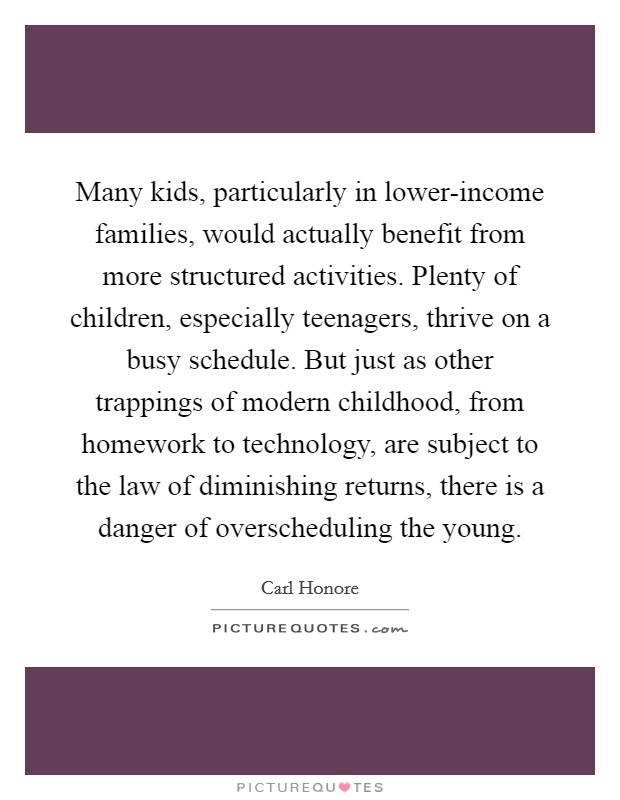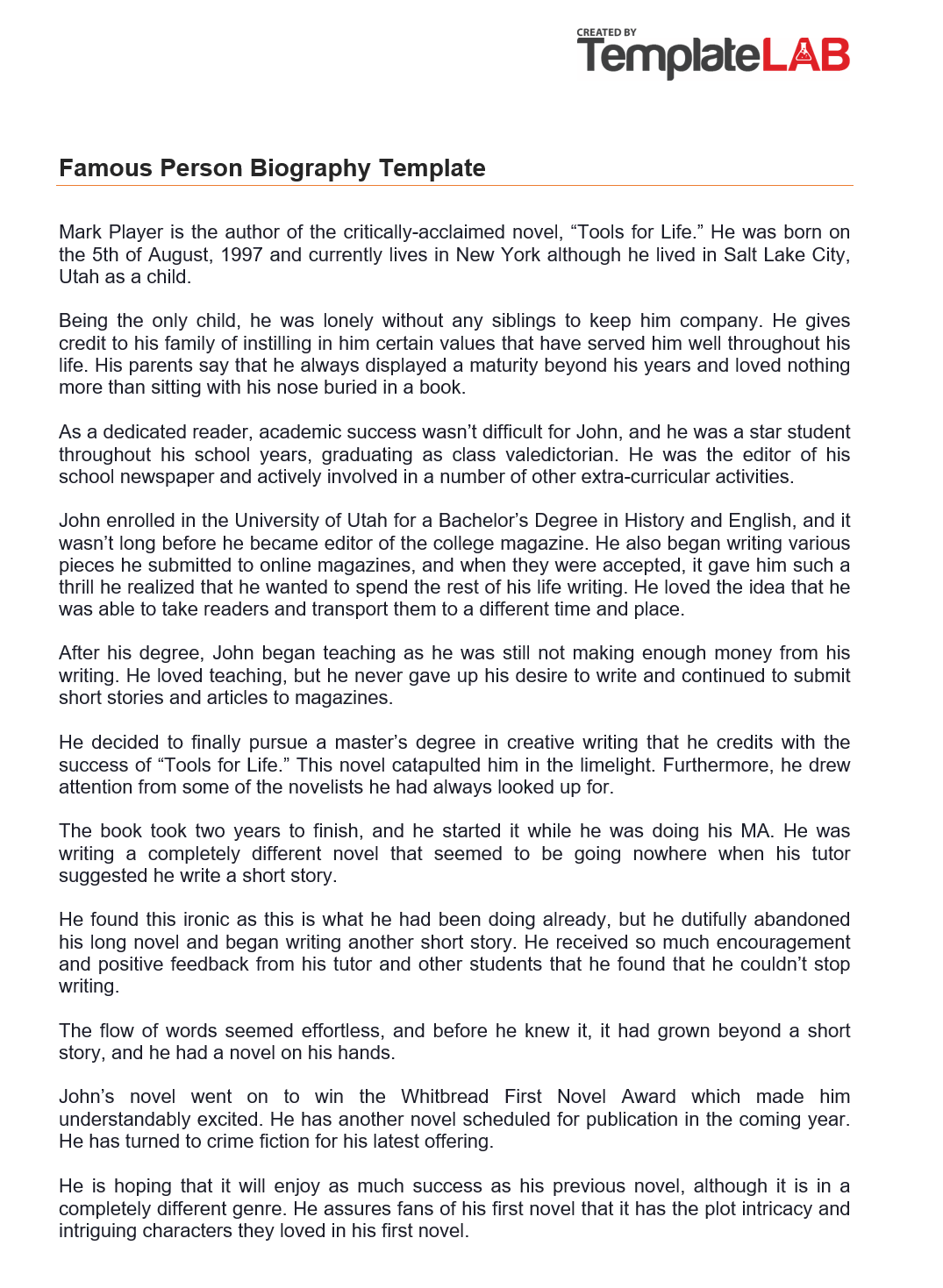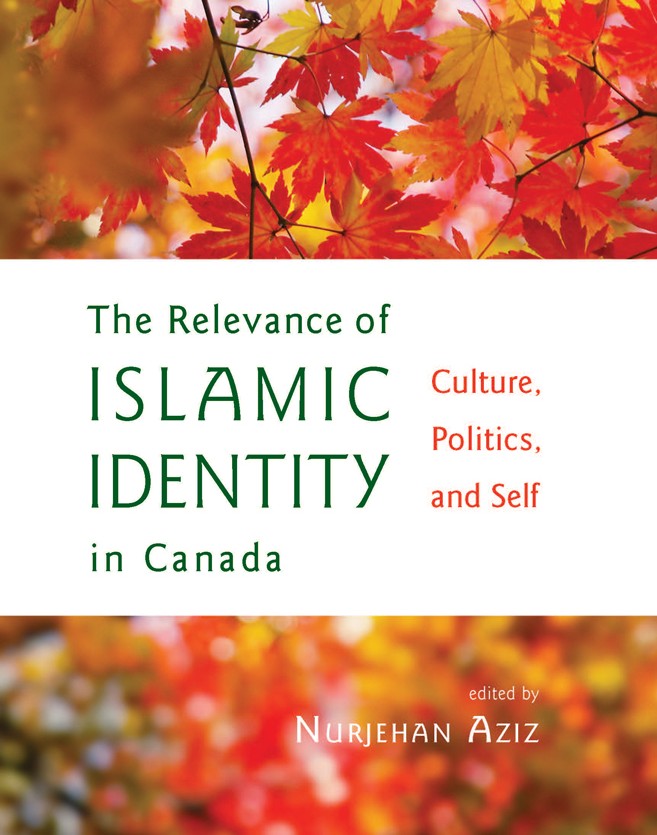Best Research Yet on the Effects of Full-Day Kindergarten.
Full-Day Kindergarten Study Evaluation Background. A study of full-day kindergarten (FDK) was conducted in partnership with Queen's and McMaster universities from 2010-2012. The purpose of this research was to measure the impact of FDK, and to help identify effective practices to improve the delivery of the program moving forward.
Research shows the importance of full-day kindergarten programs. Yet, those programs are not currently available to about 40 percent of kindergarten-aged children nationwide. As a result, many of our young learners begin first grade several steps behind their peers. Full-day kindergarten helps make sure that students build the strong base of learning they will need to succeed throughout school.

Full-day kindergarten gives for children an opportunity to build a new life style, because parents can earn and save a lot of money.” Proponents say the day-long school program will let more parents upgrade job skills or work outside the home, while saving others the hassle of living work in the middle of the day to shuttle kids from school to childcare”( Pearson,2010). Parents will be.

FULL DAY KINDERGARTEN FOR CHILDREN WITH EXCEPTIONALITIES ii Abstract This qualitative research study explores how the recent implementation of the full day kindergarten program has impacted children with exceptionalities. The purpose of this research is to aid teachers in supporting their students in the inclusive setting and to advocate for students to get the resources and support necessary.

Research suggests that full-day kindergarten also has strong positive long-term effects on students' academic outcomes beyond their kindergarten years. 1. The Evansville-Vanburgh (Indiana) School Corporation (1988) conducted a longitudinal study of students from kindergarten through Grade 8. The results indicated that students enrolled in full-day kindergarten performed better than the half.

It contains research, policy recommendations, sample legislation, talking points, and lessons from other states that have successfully enacted full-day kindergarten legislation. PowerPoint presentation ( PowerPoint, 929KB, 25 slides) - Provides key research about the benefits of full-day kindergarten and outlines the strategies and policy recommendations included in the guide.

A brief history of kindergarten is presented and research is examined and reported upon concerning areas of financial considerations, classroom set-up, organization and maintenance, curriculum development, and parental involvement for full-day kindergartens. A survey of parents and guardians of future kindergarten students in a small, rural, Midwest, parochial school system that is considering.

Only 13 states and the District of Columbia have mandated full-day kindergarten, according to a recent study by the Education Commission of the States policy research group. Families in these states are guaranteed access to publicly funded kindergarten, as the programs are financed according to existing per-pupil models for elementary schools. In contrast, states that do not require districts.

This paper addresses the question of how to interpret evidence on the impact of full-day kindergarten resulting from different study designs, and provides guidance on how this evidence taken in tandem may inform the design and implementation of full-day kindergarten policies. Incorporating both experimental and quasi-experimental estimates on program impact, the study capitalizes on student.

Research has also shown that English second language (ESL) learners benefit from full-day kindergarten with higher kindergarten reading and retention outcomes (Cannon et al., 2011, p. 299). Furthermore, in a recent study in British Columbia of ESL and Aboriginal students, it was reported that full-day kindergarten “has significant benefits through grade 4” (Warburton et al., 2012, p. 598.

The researchers interviewed 11 kindergarten teachers and 10 ECE from full-day kindergarten classrooms in 6 schools in Ontario. During the interviews, the researchers asked these educators about their experiences of working as a team in the classroom and about the educators’ beliefs about co-teaching. The researchers also collected data by observing the educator teams on two occasions in each.

What does the research say about all day kindergarten programs? A great deal of research supports all day kindergarten programs. A general trend in education suggests that more children will be attending full-day kindergarten in the years to come. State policies, funding and improved student attendance all demonstrate the growing public acceptance of the full-day kindergarten. Some of that.

The full-day kindergarten student will have a balance of teacher directed instruction and child focused activities. Full-day programs allow children and teachers time to explore topics in greater depth. They will be able to participate more fully in the cultural life of the school and will have more dedicated time for learning. Teachers in the full-day kindergarten classrooms have more.



